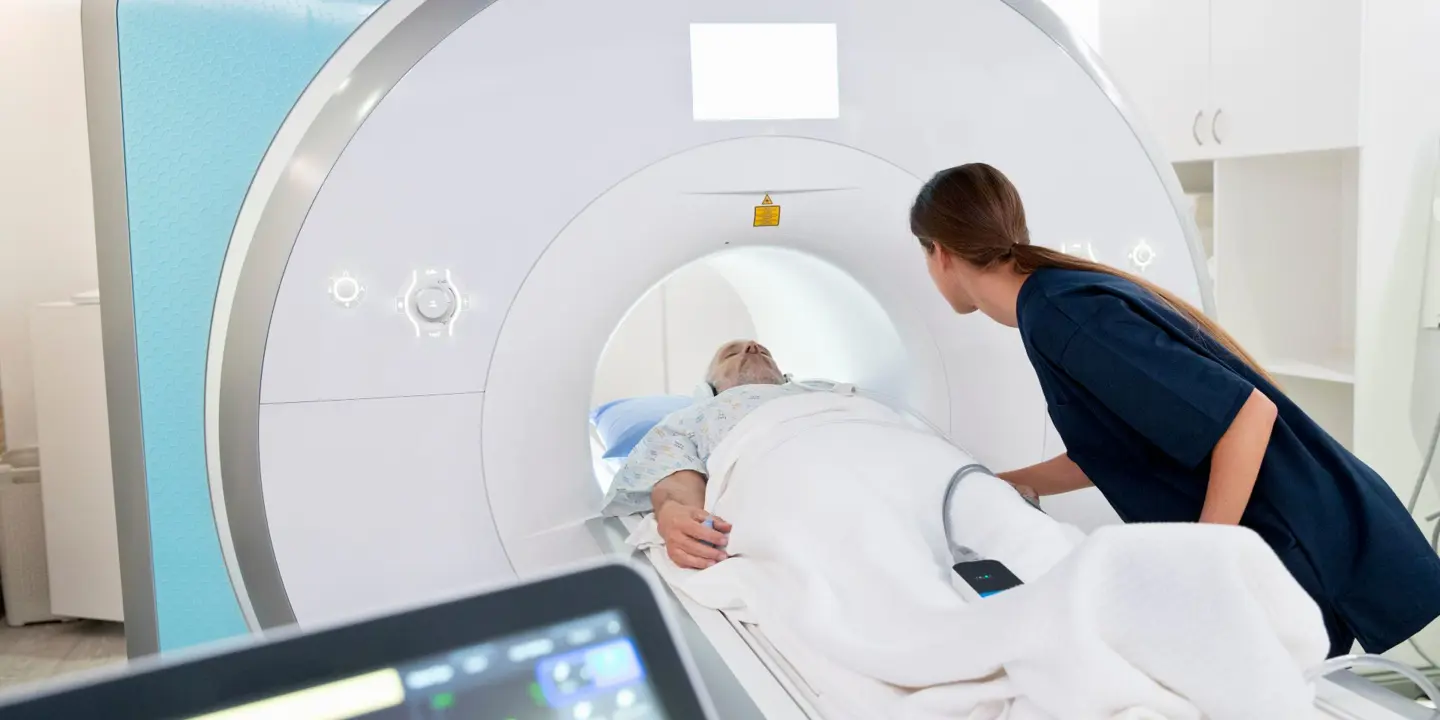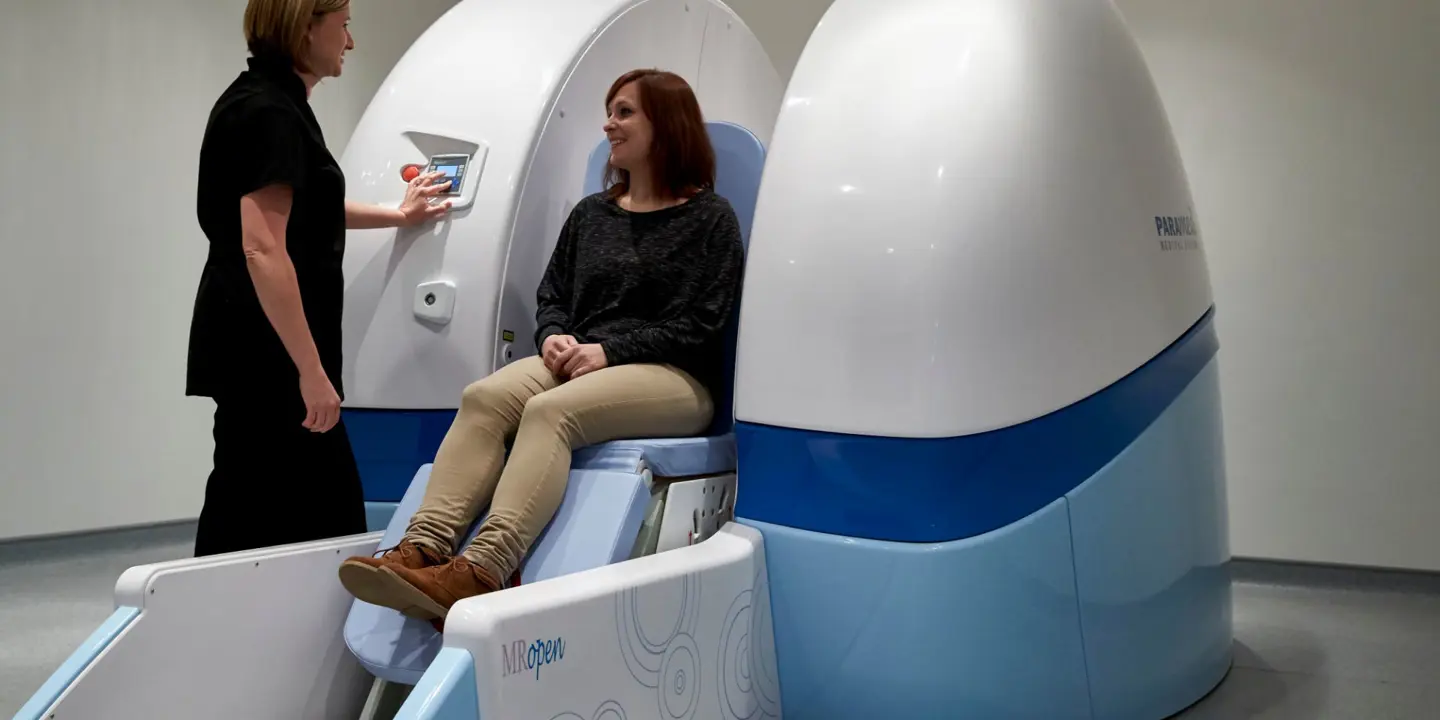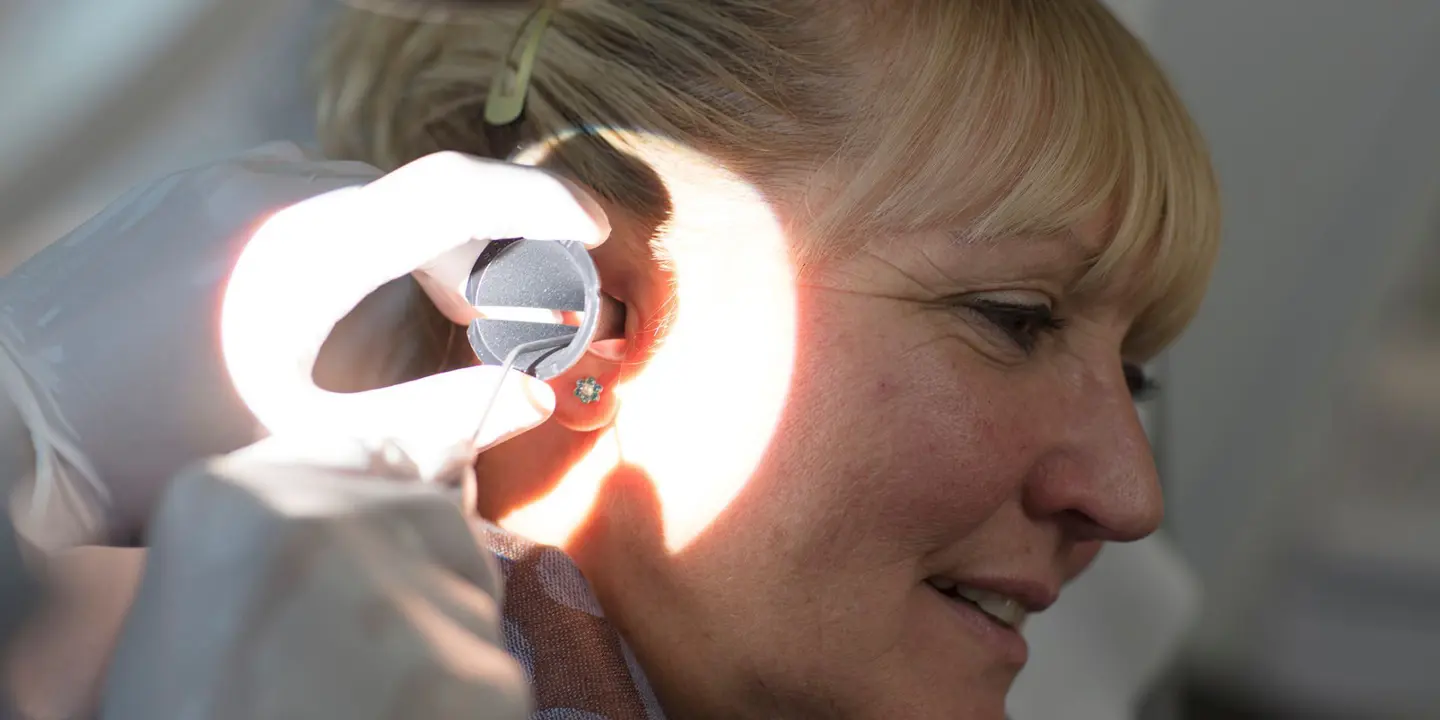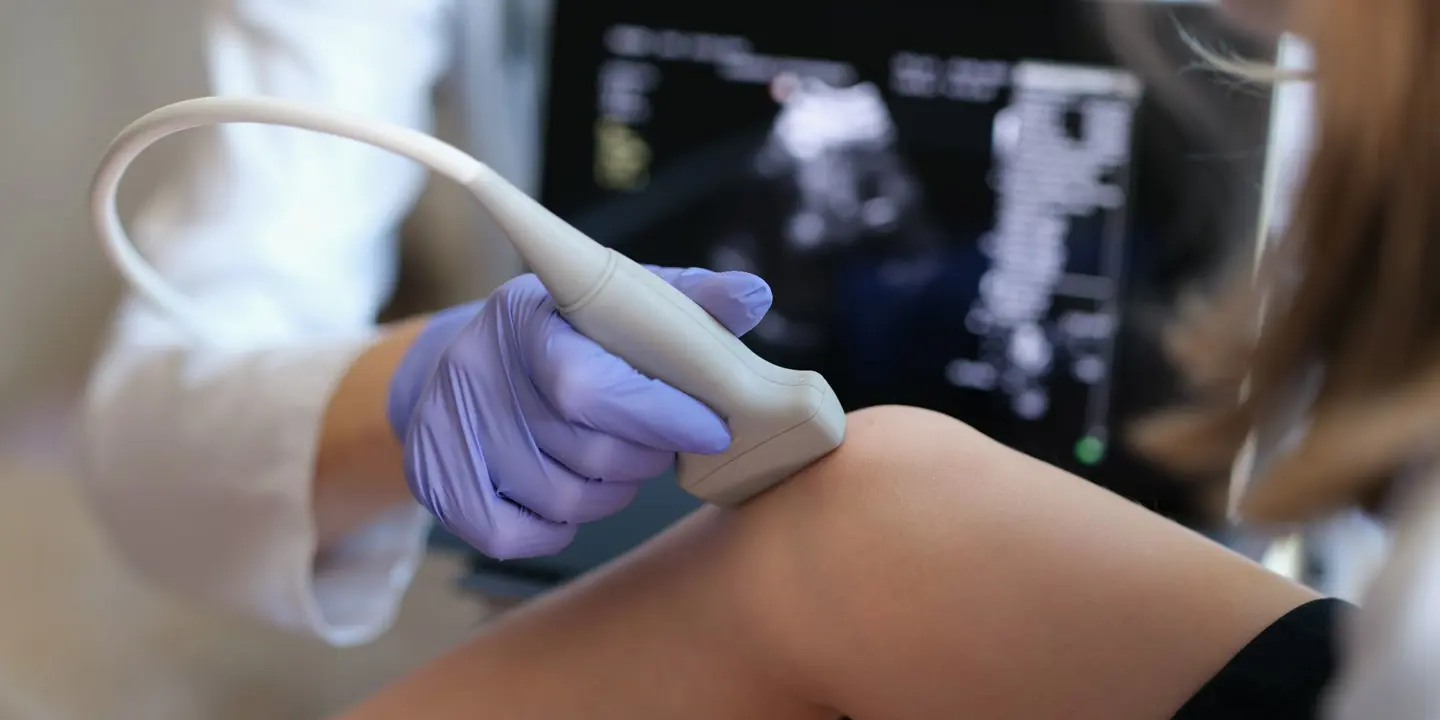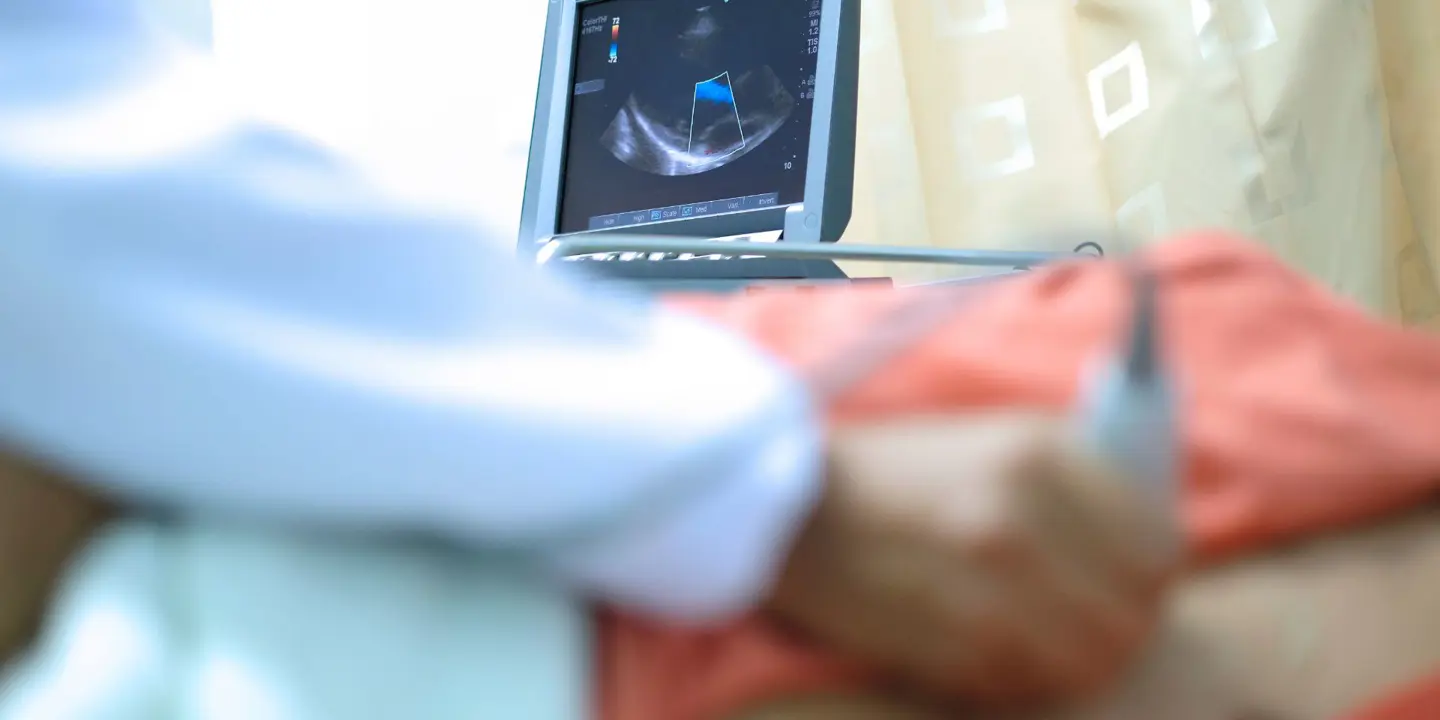In a study participated in by 410 players from various university teams in the UK, 334 were injured while 131 reported concussion symptoms by the end of the season. Most of the football injuries were categorised as severe.
As a football player or trainer, it’s important to familiarise yourself with the treatment options for the most common football injuries.
Below are some of them:
1. Muscle Strain
A muscle strain occurs when a muscle or a tendon - the fibrous tissue connecting the muscles to the bones - is overstretched. Strains are most likely to happen when a player suddenly accelerates or decelerates. Also known as pulled muscles, they often affect the hamstrings or the lower back.
Muscle strains are categorised into three grades:
Grade 1: Only a few muscle fibres are damaged; a shooting pain may be felt but no loss of strength
Grade 2: A significant number of muscle fibres are damaged; pain and swelling are likely to occur and strength and movement may be affected
Grade 3: A complete tear of the muscle fibres; requires surgery or protective bracing
What Treatment Options Are Available?
For immediate relief of muscle strains, the R.I.C.E method - rest, ice, compression and elevation - should be applied:
-
Rest: Do not overexert yourself. Avoid physical activities that may cause swelling, pain, or discomfort.
-
Ice: Ice the area for at least 15 to 20 minutes every two to three hours. You can opt to use an ice pack or submerge the area in an ice and water slush bath.
-
Compression: Wrap the area with an elastic bandage to stop the swelling. Be careful not to wrap too tightly to allow proper circulation.
- Elevation: Let gravity do its work by elevating the area above heart level to reduce swelling.
A physical therapist can help stretch and strengthen the injured muscles. For more severe cases, a brace, splint or surgery may be necessary.
2. Anterior Cruciate Ligament (ACL) Tear
The ACL is a ligament in the knee joint that connects the thigh bone to the shinbone. It helps stabilise the knee. An ACL tear may occur when a football player suddenly pivots, abruptly stops or lands incorrectly from a jump.
What Treatment Options Are Available?
Depending on the severity of the injury, your doctor may recommend rehabilitation exercises to help restore strength and stability. In severe cases, surgery may be needed to replace the damaged ligament.
Recovery after ACL surgery may take up to 9 months. This includes physiotherapy treatment to restore mobility and improve strength and stability.
3. Fractures
A fracture is a break or crack in a bone that results from overuse or physical trauma. In football, fractures are often due to direct trauma from tackles or indirect trauma from a fall.
What Treatment Options Are Available?
Treatment involves realigning the broken bones by either externally manipulating the injured area or undergoing surgery.
After realigning, special tools like a cast or brace will be used to ensure that the bones stay in place.
4. Concussions
A concussion is a form of traumatic brain injury (TBI) caused by impact on the head or the body.
Common symptoms of a concussion include:
- Dizziness
- Confusion
- Headache
- Memory loss
- Double or blurry vision
- Nausea
- Loss of taste or smell
- Trouble sleeping
- Light sensitivity
- Ringing in the ears
- Difficulty concentrating
What Treatment Options Are Available?
Players who experience concussions should take plenty of rest. There are also therapies available to treat specific symptoms. Additionally, your doctor may require a thorough medical examination before you’re deemed well enough to play again.
Stay On Top of Your Game
Perform at your best by staying on top of your health all year round. Vista Health, the U.K.’s leading healthcare provider, offers diagnostic services to help you keep track of your fitness. We use some of the best tools in the UK, such as body CT scans and MRI, for accurate diagnoses.
Experience cost-effective and quality healthcare at any of our 40 locations in the U.K. Book an appointment today!



